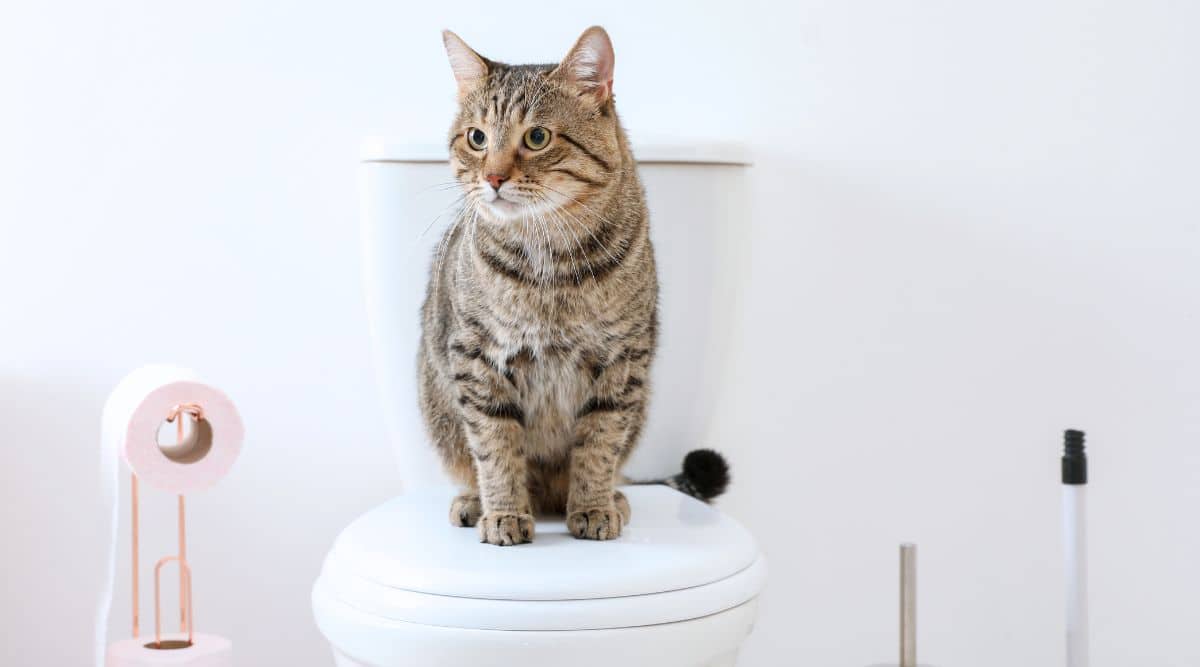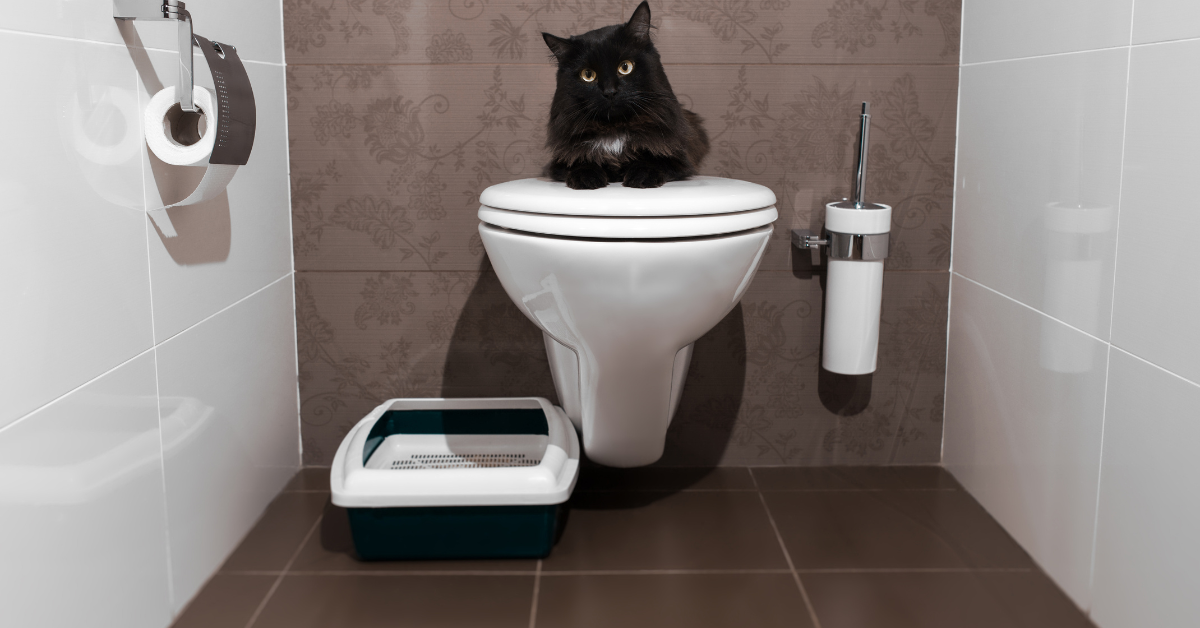Just how do you really feel in relation to Can You Flush Cat Poo or Litter Down the Toilet??

Intro
As pet cat proprietors, it's vital to bear in mind just how we dispose of our feline good friends' waste. While it might seem convenient to purge pet cat poop down the toilet, this practice can have destructive consequences for both the atmosphere and human wellness.
Alternatives to Flushing
Luckily, there are more secure and a lot more accountable means to dispose of cat poop. Think about the complying with options:
1. Scoop and Dispose in Trash
The most usual method of throwing away feline poop is to scoop it right into an eco-friendly bag and toss it in the trash. Be sure to make use of a dedicated clutter scoop and deal with the waste quickly.
2. Use Biodegradable Litter
Select eco-friendly feline clutter made from products such as corn or wheat. These clutters are environmentally friendly and can be safely taken care of in the garbage.
3. Hide in the Yard
If you have a yard, take into consideration hiding feline waste in an assigned location far from veggie yards and water resources. Make certain to dig deep enough to avoid contamination of groundwater.
4. Mount a Pet Waste Disposal System
Invest in a pet waste disposal system especially designed for feline waste. These systems utilize enzymes to break down the waste, lowering smell and environmental influence.
Health and wellness Risks
In addition to environmental issues, flushing feline waste can likewise position wellness risks to human beings. Pet cat feces might consist of Toxoplasma gondii, a parasite that can cause toxoplasmosis-- a possibly extreme health problem, particularly for pregnant women and people with damaged body immune systems.
Ecological Impact
Flushing cat poop introduces harmful microorganisms and parasites into the water system, presenting a significant danger to water ecological communities. These impurities can adversely influence aquatic life and concession water top quality.
Final thought
Accountable animal ownership prolongs beyond offering food and shelter-- it also entails correct waste management. By refraining from purging pet cat poop down the toilet and going with alternate disposal approaches, we can decrease our ecological impact and secure human wellness.
Why Can’t I Flush Cat Poop?
It Spreads a Parasite
Cats are frequently infected with a parasite called toxoplasma gondii. The parasite causes an infection called toxoplasmosis. It is usually harmless to cats. The parasite only uses cat poop as a host for its eggs. Otherwise, the cat’s immune system usually keeps the infection at low enough levels to maintain its own health. But it does not stop the develop of eggs. These eggs are tiny and surprisingly tough. They may survive for a year before they begin to grow. But that’s the problem.
Our wastewater system is not designed to deal with toxoplasmosis eggs. Instead, most eggs will flush from your toilet into sewers and wastewater management plants. After the sewage is treated for many other harmful things in it, it is typically released into local rivers, lakes, or oceans. Here, the toxoplasmosis eggs can find new hosts, including starfish, crabs, otters, and many other wildlife. For many, this is a significant risk to their health. Toxoplasmosis can also end up infecting water sources that are important for agriculture, which means our deer, pigs, and sheep can get infected too.
Is There Risk to Humans?
There can be a risk to human life from flushing cat poop down the toilet. If you do so, the parasites from your cat’s poop can end up in shellfish, game animals, or livestock. If this meat is then served raw or undercooked, the people who eat it can get sick.
In fact, according to the CDC, 40 million people in the United States are infected with toxoplasma gondii. They get it from exposure to infected seafood, or from some kind of cat poop contamination, like drinking from a stream that is contaminated or touching anything that has come into contact with cat poop. That includes just cleaning a cat litter box.
Most people who get infected with these parasites will not develop any symptoms. However, for pregnant women or for those with compromised immune systems, the parasite can cause severe health problems.
How to Handle Cat Poop
The best way to handle cat poop is actually to clean the box more often. The eggs that the parasite sheds will not become active until one to five days after the cat poops. That means that if you clean daily, you’re much less likely to come into direct contact with infectious eggs.
That said, always dispose of cat poop in the garbage and not down the toilet. Wash your hands before and after you clean the litter box, and bring the bag of poop right outside to your garbage bins.
https://trenchlesssolutionsusa.com/why-cant-i-flush-cat-poop/

I found that entry on How to Dispose of Cat Poop and Litter Without Plastic Bags when doing a search on the web. Be sure to take the opportunity to distribute this entry if you enjoyed it. Thanks a bunch for your time. Come back soon.
Start Now